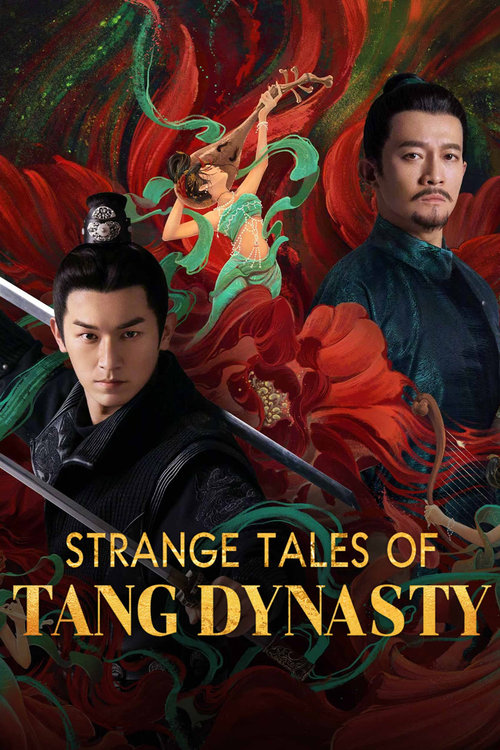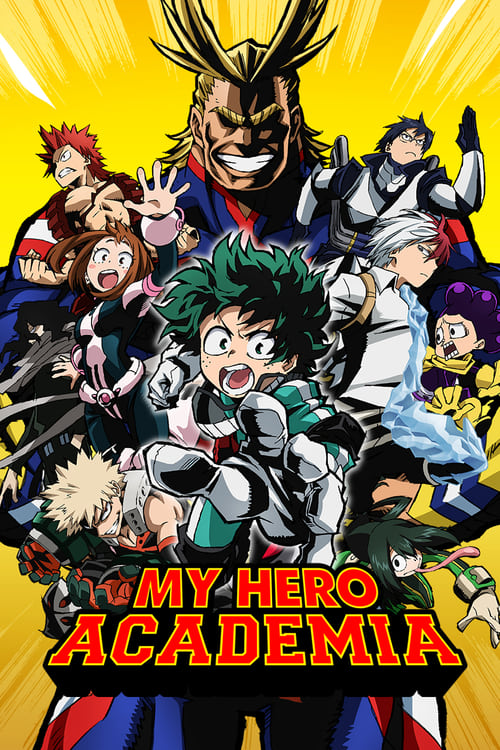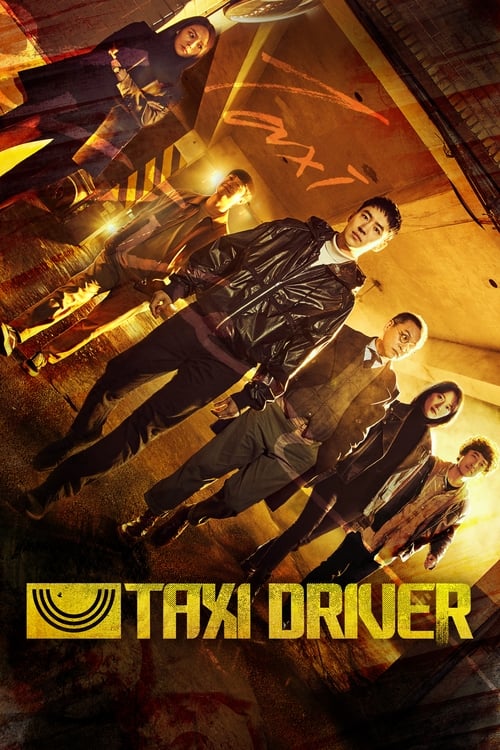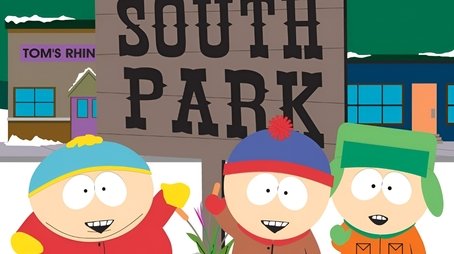
Ask Your Own Question
What is the plot?
In "Histories & Lore: The Field of Fire (Robb Stark)," the narrative begins with a recounting of the historical significance of the Field of Fire, a pivotal battlefield in Westeros. The scene opens with a sweeping view of the scorched earth, remnants of a fierce battle that took place long ago. The narrator introduces the concept of the Field of Fire, emphasizing its importance in the history of House Targaryen and the devastating power of dragons.
The story then shifts to the context of Robb Stark, the young King in the North, who is faced with the daunting task of avenging his father's death and securing the North against the Lannisters. Robb's internal conflict is palpable; he is torn between the responsibilities of leadership and the emotional weight of his family's loss. The visuals depict Robb in his war tent, surrounded by his bannermen, as he contemplates his next move against the Lannisters.
As the narrative progresses, Robb makes the critical decision to march south to confront the Lannisters directly. This decision is driven by a desire for justice and a need to rally his supporters. The scene captures the tension among his bannermen, some of whom express concern about the risks involved in such a bold move. Robb's determination shines through as he reassures them of their cause, invoking the memory of his father, Eddard Stark.
The story then transitions to the battlefield, where Robb leads his forces into a series of skirmishes against the Lannisters. The visuals are intense, showcasing the chaos of battle, the clash of steel, and the cries of men. Robb's strategic mind is highlighted as he employs clever tactics to outmaneuver his enemies, gaining several victories that bolster his reputation as a formidable leader.
Amidst the battles, the narrative delves into Robb's personal struggles, particularly his feelings of isolation as a young king. He grapples with the weight of his decisions, knowing that each choice could lead to life or death for his men. The emotional stakes are high, and the audience witnesses Robb's moments of doubt and reflection, which humanize him amidst the chaos of war.
The climax of the episode centers around the pivotal moment of the Field of Fire, where Robb faces a critical choice that could alter the course of the war. The tension builds as he receives intelligence about a potential ambush by the Lannisters. Robb must decide whether to engage in battle or retreat to protect his forces. The visuals depict the urgency of the moment, with Robb's face reflecting the gravity of his decision.
Ultimately, Robb chooses to confront the Lannisters, leading to a fierce and chaotic battle at the Field of Fire. The scene is filled with vivid imagery of fire and smoke, as the battlefield becomes a hellscape. Robb fights valiantly, showcasing his bravery and leadership, but the cost of war becomes evident as he witnesses the loss of his men.
As the battle concludes, the aftermath reveals the heavy toll of victory. Robb stands amidst the wreckage, grappling with the consequences of his choices. The emotional weight of the losses he has incurred weighs heavily on him, and the scene captures his somber reflection on the nature of war and leadership.
The episode closes with a poignant reminder of the legacy of the Field of Fire, linking Robb's struggles to the broader history of Westeros. The narrator reflects on the cyclical nature of power and conflict, leaving the audience with a sense of the ongoing struggle for the Iron Throne and the personal sacrifices made by those who seek it.
What is the ending?
In the episode "Histories & Lore: The Field of Fire (Robb Stark)," the narrative focuses on the historical significance of the Field of Fire, a pivotal battle in Westerosi history, rather than a traditional plot with a beginning, middle, and end. The episode does not have a conventional ending but rather serves to provide context and background about the events surrounding Robb Stark and the legacy of the Targaryens.
As the episode unfolds, it begins with a recounting of the Field of Fire, a battle that took place during the Targaryen conquest of Westeros. The scene is set with sweeping visuals of the battlefield, the landscape marked by the aftermath of war. The narrator describes the ferocity of the battle, emphasizing the overwhelming power of the Targaryen dragons, which incinerated their enemies and turned the field into a hellscape of fire and ash.
The narrative then shifts to Robb Stark, who is portrayed as a noble and honorable leader, embodying the Stark values of loyalty and justice. The episode highlights his internal struggles as he grapples with the weight of his family's legacy and the expectations placed upon him as the King in the North. Robb's motivations are deeply rooted in his desire to avenge his father's death and protect his family, which drives him into conflict with the Lannisters.
As the episode progresses, it delves into the emotional turmoil faced by Robb and his bannermen. The tension is palpable as they prepare for battle, each man aware of the stakes involved. The visuals capture the camaraderie among the Stark forces, their determination evident in their expressions and body language. Robb's leadership is tested as he makes strategic decisions, balancing the need for vengeance with the responsibility of protecting his people.
The episode culminates in a reflection on the consequences of war, showcasing the devastation left in the wake of the Field of Fire. The narrator emphasizes the tragic fate of many characters, including Robb Stark, who ultimately meets a grim end at the Red Wedding, a betrayal that seals his fate and the fate of his family. The emotional weight of this moment is underscored by the visuals of the Stark banners falling, symbolizing the collapse of their house and the loss of their honor.
In summary, the episode serves as a poignant reminder of the cyclical nature of violence and the heavy toll it takes on those involved, particularly focusing on Robb Stark's journey and the legacy of the Targaryens. The fates of the main characters are intertwined with the larger narrative of power, betrayal, and the harsh realities of war in Westeros.
Is there a post-credit scene?
In the episode "Histories & Lore: The Field of Fire (Robb Stark)" from the Game of Thrones specials, there is no post-credit scene. The episode focuses on the lore surrounding the Field of Fire, a significant historical battle in Westeros, and features Robb Stark's perspective on the events. It delves into the themes of honor, loyalty, and the harsh realities of war, but it concludes without any additional scenes or content after the main narrative. The episode wraps up with a reflection on the impact of the Field of Fire on the Stark family and the broader implications for the realm, leaving viewers with a sense of the weight of history in the world of Westeros.
What is the significance of the Field of Fire in relation to Robb Stark's character?
The Field of Fire is a historical battle that symbolizes the devastating consequences of war and the loss of life, which resonates deeply with Robb Stark's character. As a young leader, Robb is burdened by the weight of his family's legacy and the expectations placed upon him. The Field of Fire serves as a reminder of the brutal realities of conflict, shaping Robb's motivations to protect his family and honor their name.
How does Robb Stark's leadership style compare to that of his ancestors mentioned in the Field of Fire?
Robb Stark's leadership style is marked by a sense of honor and duty, much like his ancestors who fought in the Field of Fire. However, while they were known for their fierce and often ruthless tactics, Robb strives to balance his sense of justice with the harsh realities of war. This internal conflict highlights his struggle to uphold the Stark values of loyalty and honor while navigating the treacherous political landscape of Westeros.
What emotions does Robb Stark experience when reflecting on the Field of Fire?
When reflecting on the Field of Fire, Robb Stark experiences a mix of pride and sorrow. He feels pride in his family's legacy and the bravery of those who fought, but also sorrow for the lives lost and the destruction caused by such battles. This duality fuels his determination to lead his men with compassion, yet he grapples with the fear of repeating the mistakes of the past.
How does the history of the Field of Fire influence Robb Stark's decisions during the War of the Five Kings?
The history of the Field of Fire influences Robb Stark's decisions by instilling in him a deep respect for the consequences of warfare. He is acutely aware of the potential for catastrophic loss, which leads him to seek alliances and avoid unnecessary bloodshed whenever possible. This historical context shapes his strategic choices, as he aims to honor his family's legacy while striving for a just outcome in the conflict.
What lessons does Robb Stark learn from the events surrounding the Field of Fire?
Robb Stark learns several crucial lessons from the events surrounding the Field of Fire, primarily the importance of unity and the dangers of underestimating one's enemies. He realizes that loyalty among allies is paramount, and that betrayal can come from unexpected places. These lessons weigh heavily on him as he navigates the complexities of leadership, shaping his approach to both battle and diplomacy.
Is this family friendly?
The episode "Histories & Lore: The Field of Fire (Robb Stark)" from Game of Thrones contains several elements that may be considered objectionable or upsetting for children or sensitive viewers.
-
Violence and Warfare: The episode discusses the historical context of battles, including the Field of Fire, which involves graphic descriptions of warfare and the consequences of battle.
-
Death and Destruction: There are references to the loss of life and the devastation that comes with conflict, which may be distressing.
-
Themes of Betrayal and Loss: The emotional weight of betrayal and the impact of loss on characters can be heavy and may resonate deeply with sensitive viewers.
-
Dark Themes: The overall tone of the series often delves into darker aspects of human nature, including ambition, power struggles, and the moral complexities of leadership.
These elements contribute to a mature narrative that may not be suitable for younger audiences or those who are sensitive to such themes.
























